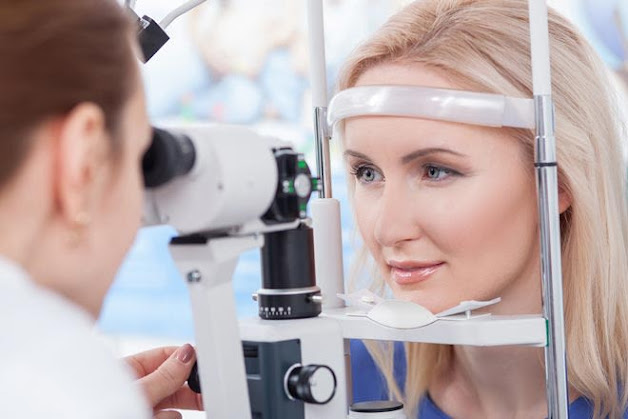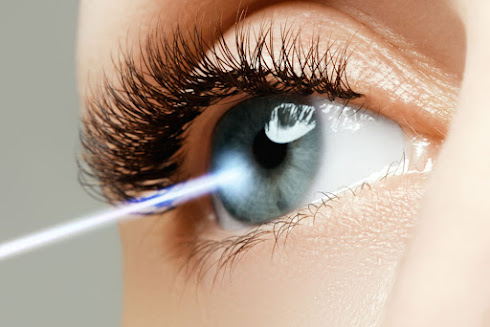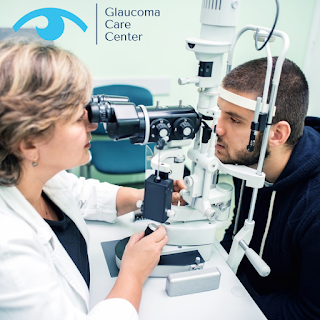Knowing the PRK procedure: How do you understand the PRK procedure before and after
PRK (Photorefractive Keratectomy) procedure is receiving lots of attention because it is an effective and secure method to address vision issues. If you're contemplating PRK or have had this procedure before, you'll likely be worried. In this comprehensive guide, we'll discuss the key features of PRK, answer common queries and provide valuable facts about recuperation. This guide will cover the essentials you need to know before and during the PRK procedures.
What is the limit for PRK?
PRK eye surgery, a form of laser-driven eye surgery, can be an ideal alternative for patients seeking to eliminate contact lenses and glasses. One of the most frequent questions concerns the drawbacks of PRK. It is possible to be eligible to undergo PARK based on several aspects like the cornea's health of the patient and thickness as well as refractive errors. It is generally accepted that those who are eligible for PRK must meet the following criteria:
1. Healthy Eyes: Candidates must have good general eyesight and be clear of eye diseases like retina or glaucoma.
2. Stable Prescription: Contact lenses or glasses should remain consistent for at least one year before considering the PARK.
3. Corneal Thickness: An appropriate cornea's thickness is vital to a successful PRK. The surgeon can take a small amount of corneal tissue as part of the process. Thus, a clear cornea is essential to guarantee the procedure's effectiveness.
4. Expectations realistic: Patients must be prepared for realistic outcomes of PRK. Though it could significantly improve the vision of patients, having a perfect idea, regardless of the aid, can't be guaranteed for every patient.
What's different about PRK?
In the aftermath of a PRK procedure, you will likely experience discomfort and immediate adverse side effects. However, specific symptoms could indicate complications and should be dealt with promptly. Here is a listing of symptoms which aren't normal after PRK
1. Intense Pain: While mild discomfort and sensitivity to light are normal, persistent or severe pain isn't normal. Medical emergencies are medical emergencies and must be treated quickly.
2. Eyes that have severe blurred vision: Eyes blurred immediately after PRK happens frequently, but when it worsens or does not improve after a few days, visit an optometrist.
3. Swollen or redness that is severe: Redness and swelling that are not too noticeable are expected; however, if your eyes appear to be swelling excessively, it may indicate an inflammation or infection.
4. Permanent Dryness or Gritiness: Dry eyes are a typical result of PRK. However, when the dryness persists with an uncomfortable sensation, the symptoms may indicate something that needs to be focused on.
5. Prolonged light sensitivity: Though light sensitivities can be expected initially, if they persist over a long time, they could cause anxiety.
6. Vision Deterioration: If you observe that your vision is worsening instead of improving or there are sudden changes to your vision, talk to your eye physician immediately.
Can I travel after PRK surgery?
Many individuals are worried about travel restrictions following a PRK procedure. It is essential to adhere to the recommendations from your physician. Most patients can return to regular exercise and travel straight after the procedure. However, you must follow specific guidelines to ensure you recuperate securely while travelling.
1. Don't rub your eyes: If you are travelling in a foreign country, you may be exposed to allergens or dust. Make sure not to touch your eyes, as it could increase the risk of contracting a virus.
2. Take care to keep your eyes safe: Eye protection is essential to protect your eyes from the shining sun and its reflections. Consider using eye protection when you intend to take part in outdoor activities.
3. Stay hydrated: The cabins on aeroplanes and the travelling environments are usually dry, which can cause dry eyes. Make sure your eyes are hydrated, and use drops to lubricate your eyes as recommended by your eye doctor.
4. Stop for a rest on lengthy journeys: If you're taking long trips, be sure to break frequently to rest and take a break from your eyes. Looking at or reading screens for extended periods could strain your eyes.
5. Bring Prescription Medicines with you: If your doctor has suggested certain eye drops or medications, make sure you carry plenty of them with you when travelling.
Awareness of potential dangers and restrictions that can arise following PRK surgery is vital for a successful recovery. When you comply with the recommendations from your doctor, take appropriate precautions, and observe any unusual symptoms, it's feasible to perform the day-to-day tasks without anxiety. Be aware that each person's recovery process is unique. Therefore, talking about any concerns directly with your eye specialist is essential.
If you need more precise advice on your issue, talk to an eye surgeon who will provide individualized advice based on your needs and recovery progress.
This article provides general information about the PRK procedure but is not intended to provide a piece of expert medical advice. Ask your eye specialist for personalized advice if you have concerns concerning your PRK procedure.
.jpg)



Comments
Post a Comment